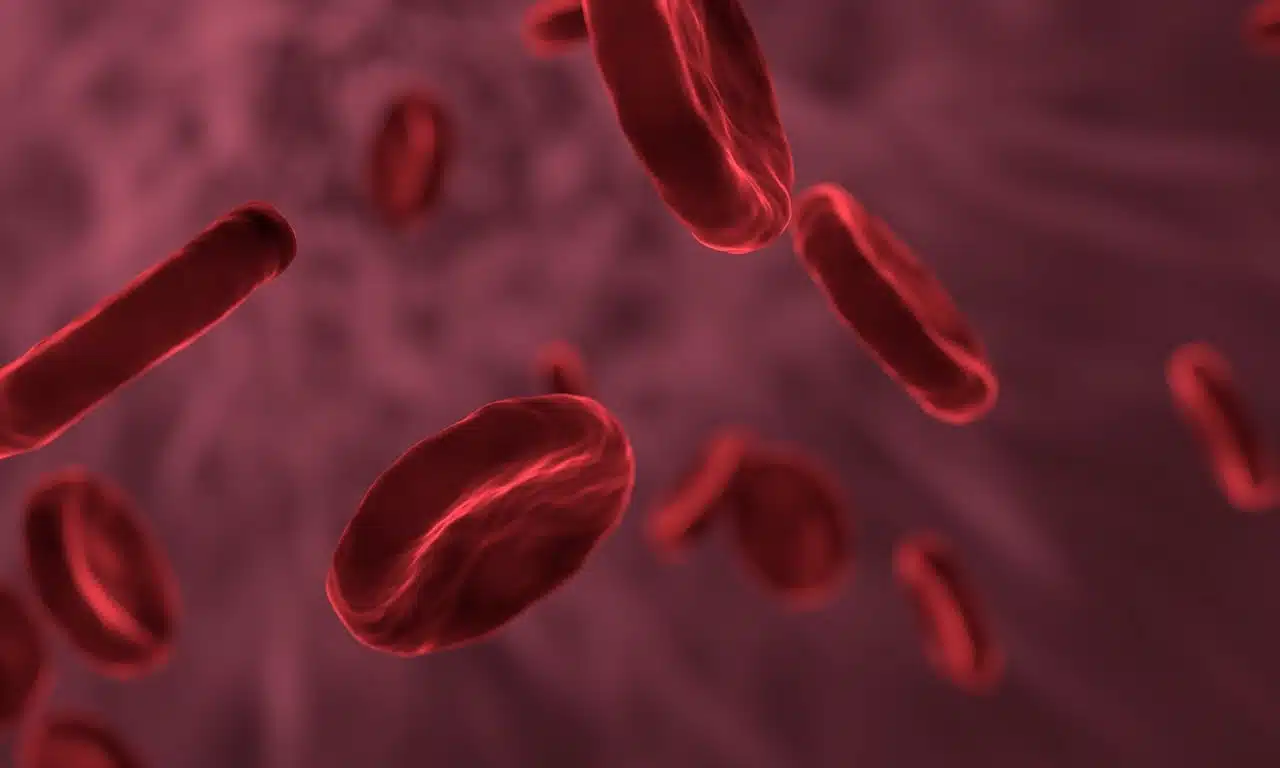
In the blood there are cells in suspension.
Blood is a fluid that our species has inside veins and arteries. It is described as a reddish liquid that is present in the body of humans and other animals. When analyzing it, it is possible to verify that a part of it remains in a liquid state (identified as plasma ) and with cells in suspension, among which platelets, leukocytes and red blood cells appear.
If we want to know the term in depth, we have to study its etymological origin. In this sense, it must be established that it comes from Latin and specifically from the word sanguis , which can be defined as "soft." And this meaning comes to express the texture that blood has when touched.
blood function
The main function of blood is to ensure that oxygen and nutrients are distributed between the cells of each organism, although it is also responsible for collecting waste elements that arise from these same cells.
Blood makes up about 7% of the weight of the human body structure. An adult man has, on average, about five liters of blood volume. Of those five liters, almost three correspond to blood plasma.
Blood cells are grouped under the name of formed elements and can be divided into the categories of blood cells ( white blood cells , also known as leukocytes ) and cellular derivatives ( red blood cells or erythrocytes , and platelets ).

Donating blood helps save lives.
The transfusions
It should be noted that there are four blood types: Group A , Group B , Group AB and Group 0 . If a person has a certain blood type and receives a transfusion with blood of another type, he or she will become ill and may even die.
In this sense, it is very important to publicize the existence of the so-called blood banks , which are those centers that are responsible for conserving the blood that, voluntarily and selflessly, citizens donate to help all those people who at some point require receiving a transfusion in order to continue living.
Of course, not everyone can donate blood. It is important that those who wish to do so meet a series of basic requirements such as being in good health, being between 18 and 65 years old, and having a minimum weight of approximately 50 kilos.
Blood diseases
Regarding blood diseases, which are studied by hematology , there are those that affect the cells, the bone marrow, the plasma elements or the spleen and lymph nodes. Of all of them, one of the best known is called leukemia .
Unfortunately, this is characterized by being one of the types of cancer that most affects the child population and is defined by being marked by an increase in leukocytes.
Other uses of the term
The notion of blood is also used to refer to kinship or lineage . For example: "You can't hate your brother: he has the same blood as you," "I'm doing very well in this country, but I want to return to my homeland since my blood calls me and I miss my family."
The idea of blood, on the other hand, can appear associated with the character or mood of a subject : "I get bad blood because of financial problems," "Let's see if you react once and for all, it seems like you don't have blood."
